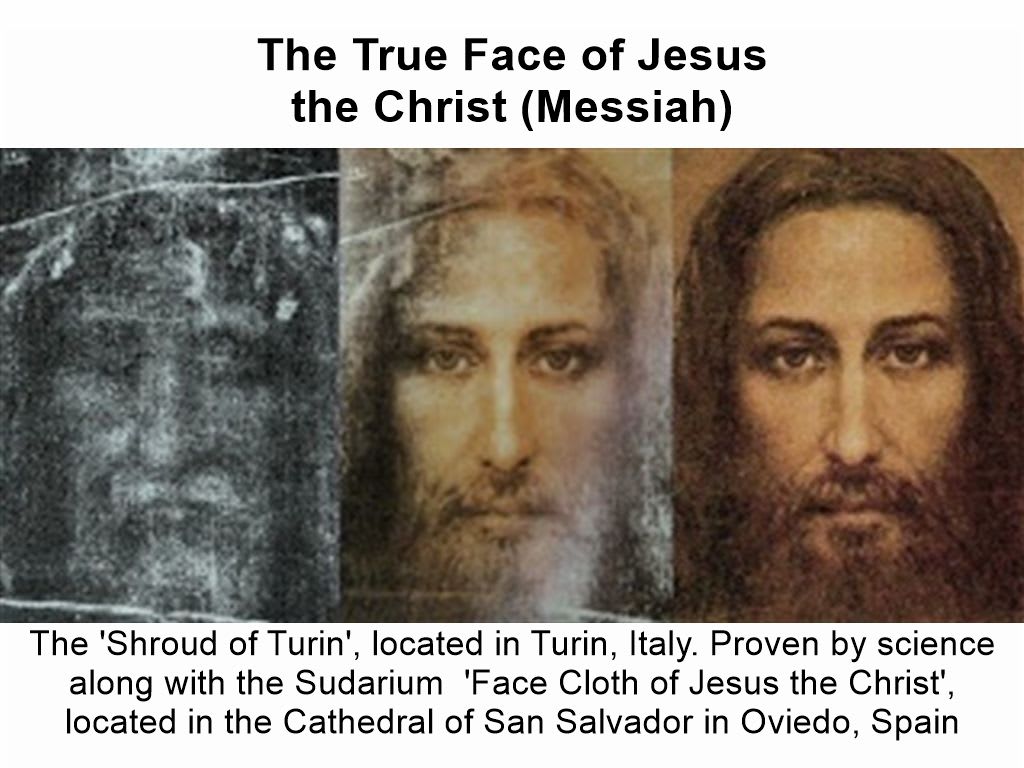Jesus Lived in this World True or Myth?
Proof with the evidence...

**Jesus is True or Myth?**
The life of Jesus Christ has fascinated and inspired millions of people throughout history. But who was Jesus, and what is the evidence that he lived during the Roman era? In this video, we will examine historical sources and the words attributed to Jesus to better understand his life, teachings, and impact on the world.
**HISTORICAL CONTEXT:**
Jesus lived in the Roman province of Judea, around 4 B.C. to 30 A.D. The Roman Empire dominated the Mediterranean world, and its reach extended even to the lands where Jesus was born and raised.
**HISTORICAL EVIDENCE:**
While the primary source of information about Jesus comes from the New Testament, there are non-biblical sources that also mention him. Some key examples include:
1. Tacitus (c. 56 - c. 120 A.D.) - A Roman historian who wrote about the execution of Jesus by Pontius Pilate in his work, "Annals."
In Tacitus' "Annals," the passage that mentions Jesus can be found in Book 15, Chapter 44. It is a brief mention of Jesus, referred to as "Christus," in the context of the Great Fire of Rome in 64 A.D. and Emperor Nero's attempt to blame the Christians for the disaster. The passage reads as follows:
"Consequently, to get rid of the report, Nero fastened the guilt and inflicted the most exquisite tortures on a class hated for their abominations, called Christians by the populace. Christus, from whom the name had its origin, suffered the extreme penalty during the reign of Tiberius at the hands of one of our procurators, Pontius Pilatus, and a most mischievous superstition, thus checked for the moment, again broke out not only in Judaea, the first source of the evil, but even in Rome, where all things hideous and shameful from every part of the world find their center and become popular."
In this passage, Tacitus refers to Jesus' crucifixion as "the extreme penalty" and identifies Pontius Pilate as the Roman procurator responsible for his execution. The mention of Jesus in the "Annals" serves as a non-Christian source that supports the existence of Jesus and his crucifixion during the Roman era.
2. Flavius Josephus (c. 37 - c. 100 A.D.) - A Jewish historian who mentioned Jesus in his book, "Antiquities of the Jews."
In "Antiquities of the Jews," a historical work by the Jewish historian Flavius Josephus, there are two passages that mention Jesus. The most famous one is the Testimonium Flavianum, found in Book 18, Chapter 3, Section 3:
"Now there was about this time Jesus, a wise man, if it be lawful to call him a man; for he was a doer of wonderful works, a teacher of such men as receive the truth with pleasure. He drew over to him both many of the Jews and many of the Gentiles. He was [the] Christ. And when Pilate, at the suggestion of the principal men amongst us, had condemned him to the cross, those that loved him at the first did not forsake him; for he appeared to them alive again the third day; as the divine prophets had foretold these and ten thousand other wonderful things concerning him. And the tribe of Christians, so named from him, are not extinct at this day."
3. Pliny the Younger (c. 61 - c. 112 A.D.) - A Roman official who wrote about early Christians and their worship of Christ in his letters to Emperor Trajan.
These sources, along with others, provide evidence that Jesus was a real historical figure who lived during the Roman era.
**THE WORDS OF JESUS:**
Jesus' preaching focused on various themes, including love, compassion, forgiveness, and the Kingdom of God. His teachings often used parables to convey moral lessons and to challenge conventional wisdom. Some key aspects of Jesus' preaching include:
The Kingdom of God: Jesus often spoke about the Kingdom of God or the Kingdom of Heaven, which he described as a divine reality that was breaking into the world. He taught that this kingdom was not a political entity but a spiritual one, where God's will is done, and justice, peace, and love prevail.
Love and Compassion: Jesus emphasized the importance of love and compassion in his teachings. He instructed his followers to love their neighbors as themselves (Mark 12:31), and even to love their enemies (Matthew 5:44). He also stressed the importance of forgiveness, mercy, and caring for the marginalized, such as the poor and the sick.
The Golden Rule: One of Jesus' most famous teachings is the Golden Rule, which states, "Do unto others as you would have them do unto you" (Matthew 7:12). This principle encourages people to treat others with kindness, respect, and empathy.
The Sermon on the Mount: In the Sermon on the Mount (Matthew 5-7), Jesus delivered a series of teachings and sayings that include the Beatitudes, which emphasize humility, mercy, and righteousness. He also addressed topics such as prayer, fasting, and not worrying about material possessions.
Parables: Jesus often used parables, or short stories with a moral lesson, to teach his followers about the Kingdom of God and how to live a righteous life. Some well-known parables include the Parable of the Good Samaritan (Luke 10:25-37), the Parable of the Prodigal Son (Luke 15:11-32), and the Parable of the Sower (Matthew 13:1-23).
Jesus' teachings have had a profound impact on the world, inspiring countless individuals and shaping the development of Christianity as a major world religion. His emphasis on love, compassion, and social justice continues to influence people today.
History clearly proofing that he lived in this world.
About the Creator
Joseph Stalin
Joseph Stalin is an Engineer | Spiritual explorer, he is also an accomplished writer and storyteller. He loves to share his thoughts and experiences with others through reviews, inspiring stories, and insightful articles.






Comments
There are no comments for this story
Be the first to respond and start the conversation.